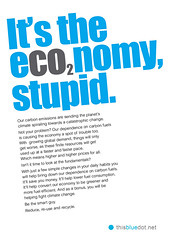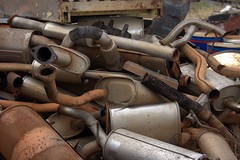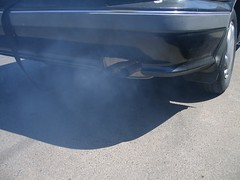Obama administration works on U.S. fuel rule
State standards could be supplanted
(Source: Freep.com, Detriot Free Press)
WASHINGTON — Even as his administration moves toward allowing California and other states to set limits on vehicle fuel economy, President Barack Obama has begun crafting a new national standard that will likely supplant the states’ efforts.
The moves would allow the president to fulfill a campaign promise to let the California limits take effect while addressing the chorus of concerns from a financially beleaguered U.S. auto industry about meeting a so-called patchwork of state-level greenhouse gas controls, in addition to federal fuel economy rules.
The rules are different but the effect is similar — greater fuel efficiency from vehicles leads to reduced emissions.
The administration has raised the idea for a national limit as part of its talks with Detroit automakers and suppliers for additional aid, an administration official said Wednesday.
“The president believes that one national policy for autos would provide the industry with certainty while achieving our environmental and energy independence goals,” the official said, speaking on condition of anonymity.
The California rules would have little immediate effect on automakers if adopted, but the standards would toughen annually through 2020.
Click here to read the entire article.






 “Battery electric vehicles, plug-in hybrids and possibly hydrogen fuel cell vehicles are expected to become increasingly available in the near-to-medium term given recent improvements especially in batteries,” the 50-by-50 campaign noted in a
“Battery electric vehicles, plug-in hybrids and possibly hydrogen fuel cell vehicles are expected to become increasingly available in the near-to-medium term given recent improvements especially in batteries,” the 50-by-50 campaign noted in a


